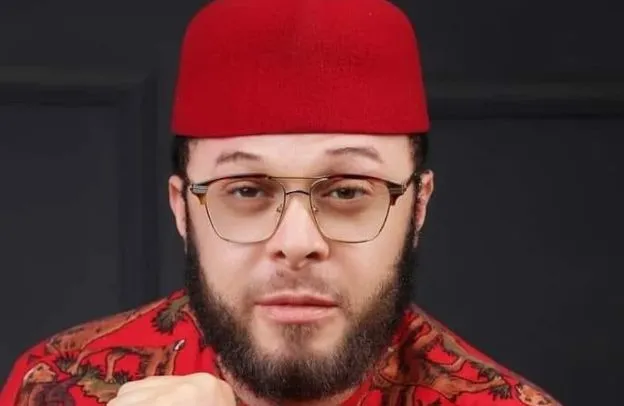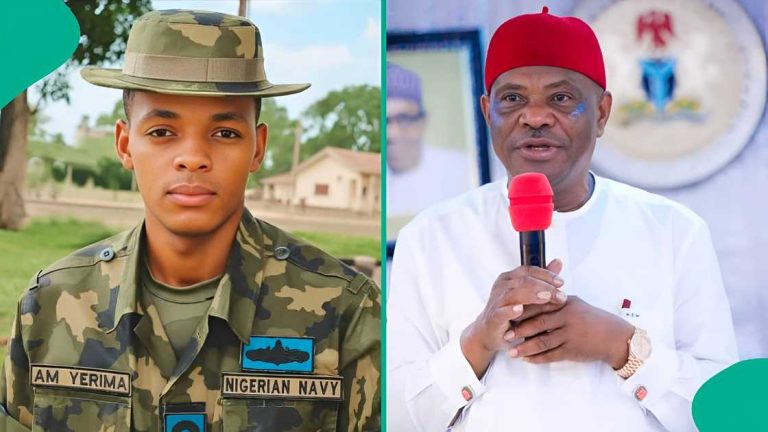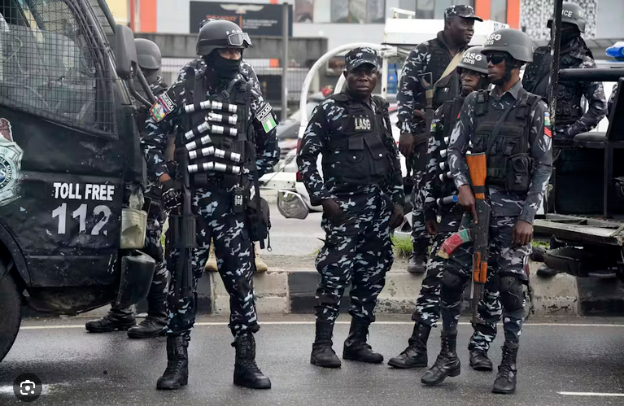Understanding the Western Military Threat to Nigeria: Unpacking Misrepresented Narratives and Their Impact on Diaspora Investments

The headlines are, as they so often are, designed to shock: A Western leader threatening to go into Nigeria, Africa’s most populous nation, with “‘guns-a-blazing.’” Justification? A simplistic and disputed narrative of widespread, state-sanctioned “killing of Christians.”
Learn How to Leverage Your Story through our Story To Asset Framework.
This is a continuation of the series: Trump on Military Intervention in Nigeria – what really is going on and what you need to know to make senses of the situation.
For many in the diaspora, this language is more than just a distant political spat. It’s an alarm bell. It’s the echo of a familiar script, one that has been used for centuries to justify external interference, destabilize sovereign nations, and paint the continent as a place of chaotic, ancient hatred.
See also The Us-China Power Play Over Nigeria: A New Scramble Or The Same Old Game?
So, we urge you to look past this inflammatory rhetoric. A Nigerian presidential spokesman, Daniel Bwala, rightfully framed this as “Trump’s style of going forceful in order to force a sit-down,” and more importantly, asserted a fundamental truth: a unilateral military operation “is not something unilaterally you can do especially since that country is a sovereign state.”
The U.S. threat was based on “old reports from more than a decade ago,” tied to the brutal Boko Haram insurgency. But the reality on the ground today, as attested by experts and even local Christian leaders, is far more complex.
This situation is not just news; it’s a critical case study for every diaspora business owner, consultant, and community leader. It reveals why our most important work is not just building wealth, but reclaiming the narrative.
The Peril of the Single Story
The narrative of “Christian genocide” is a dangerous oversimplification. As the Associated Press found, “Both Christians and Muslims are killed in Nigeria’s security crises, and victims are often determined by their locations and not due to their religion.”
The experts cited in the reports paint a different, more challenging picture:
- It’s Not Simple Religion: Taiwo Hassan Adebayo, a researcher at the Institute of Security Studies, states clearly: “The crisis is far more complex than a simple religious framing suggests. The geography of violence largely determines who becomes the victim.”
- It’s About Security, Not Sectarianism: Even Joseph Hayab, a pastor and former chairman of the Christian Assn. of Nigeria in a conflict hot spot, dismissed claims of targeted Christian persecution, instead emphasizing that the government “needs to do more to secure lives in conflict-battered villages.”
- It’s a Governance Crisis: The true issue, the one that requires real solutions, is what Cheta Nwanze of SBM Intelligence calls “massive state failure.” He notes that “impunity is deeply indicative of massive state failure.”
This, right here, is the story that matters. The threat isn’t a holy war. The threat is a complex security crisis fueled by armed gangs, former herders in resource conflicts, and insurgents, all thriving in a vacuum of “massive state failure.”
This is a pattern we have seen before. From the Congo to Libya, external powers use simple, emotive narratives (tribalism, religion, “terror”) to justify actions that mask deeper economic and geopolitical interests. This “single story” destabilizes the very regions diaspora entrepreneurs see as partners.
See also A ‘Vicious, Sweet’ Intervention? Trump’s Nigeria Threat and the New Scramble for Africa
Why This Narrative Is a Direct Threat to Diaspora Goals
As a diaspora, we are no longer just observers; we are active stakeholders in the continent’s future. We are investors, founders, partners, and cultural ambassadors. Here’s why these narratives are a direct threat to our progress:
- It Chills Investment: When the global headline is “disgraced country” and “Islamic Terrorists,” it poisons the well. It scares off international partners, raises risk profiles, and makes it harder for you—the diaspora founder—to secure capital for your venture in Lagos or Abuja.
- It Undermines Sovereignty: Bwala’s statement that Nigeria “is a sovereign state” is crucial. Constant threats of external interference, whether military or economic, create an unstable environment. Business thrives on predictability. This rhetoric is the antithesis of that.
- It Wastes Energy on the Wrong Problem: These narratives force African leaders to spend critical time and resources responding to political theatre instead of focusing on the real problem: building state capacity, fixing security, and creating a stable environment for growth.
An Action Plan for the Diaspora
We are the modern-day Griots. We are the bridge of capital, talent, and context. Our role is to challenge these narratives and redirect energy toward real solutions.
Here is your practical, actionable plan.
1. Actively Amplify Nuanced Voices
Instead of sharing the “guns-a-blazing” headline, find and share the experts on the ground.
- Share the local context. Share the words of Pastor Joseph Hayab, who is in a conflict zone and says the problem is security for all.
- Share the expert analysis. Amplify the voices of African think tanks and analysts like Cheta Nwanze and Taiwo Hassan Adebayo, who correctly identify the problem as “state failure” and a “complex” security crisis, not a simple religious war.
2. Invest with Insight, Not in Fear
For diaspora business owners and consultants, this is your competitive advantage.
- Do your real due diligence. The headlines say “failed state.” Your research should connect you with on-the-ground partners (like Nwanze’s SBM Intelligence) who can give you a granular, accurate risk analysis.
- Support businesses solving the real problems. Invest in Nigerian tech companies that are tackling logistics, agritech (addressing farmer-herder issues), fintech, and private security. These are the businesses building resilience against the “massive state failure.”
3. Advocate for Complexity in Your Circles
You have an influence on your host countries. Use it.
- When you hear colleagues, partners, or local politicians in the U.S., UK, or Europe repeat the “Christian persecution” line, challenge it respectfully but firmly.
- Use this script: “I understand that’s the perception, but the reality on the ground is far more complex. Local Christian and Muslim leaders, along with security experts, actually point to a crisis of governance and resource conflict that affects all faiths. The ‘religious war’ narrative, while simple, unfortunately masks the real problem and hinders the real solutions.”
4. Support Internal Capacity, Not External Saviors
The solution to Nigeria’s security crisis will not come from foreign “saviors.” It will come from within. Taiwo Hassan said it best: “The criticism and pressure from Washington… is a result of many years of failure.”
The diaspora can support the solution to that failure. Use your capital, networks, and expertise to support Nigerian civil society groups, independent journalism, and policy institutes that are working to build state capacity, demand accountability, and create a secure, stable environment for everyone.
See also Address at the United State of Women Summit
This is our work. It is not enough to be successful from Africa. We must be successful for Africa. And that begins with owning our story, challenging the distortions, and investing our resources in the real, complex, and solvable issues at hand.
As a strategist for the diaspora, I’m focused on turning these challenges into opportunities. Which of these action steps do you feel is most urgent for diaspora leaders to focus on right now?





